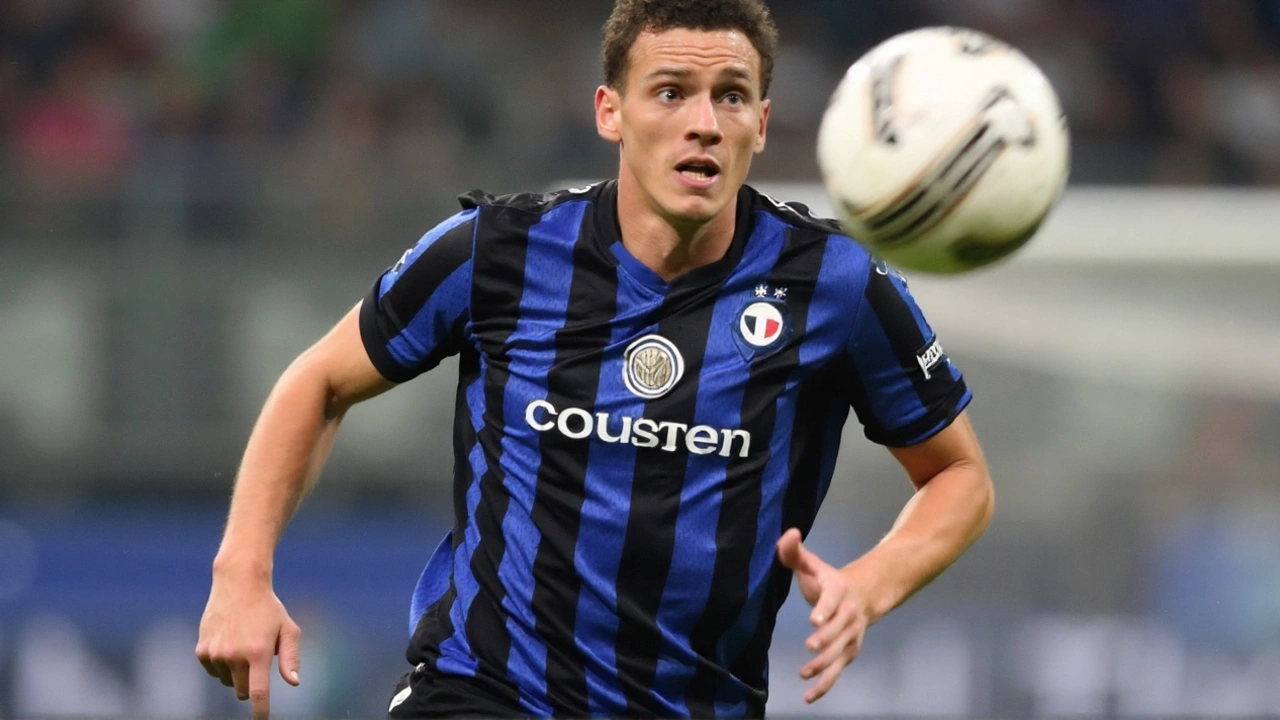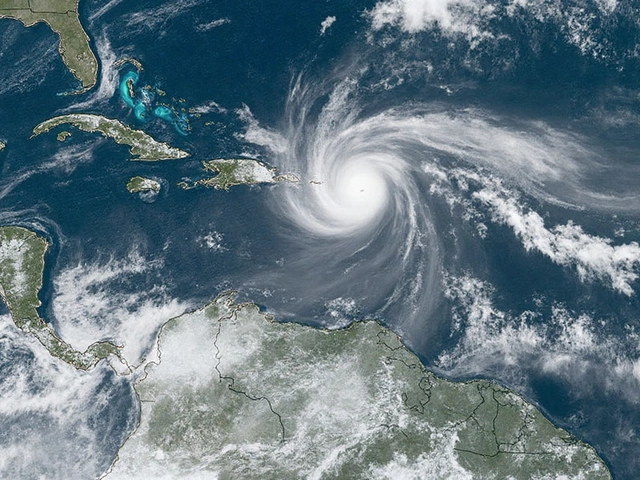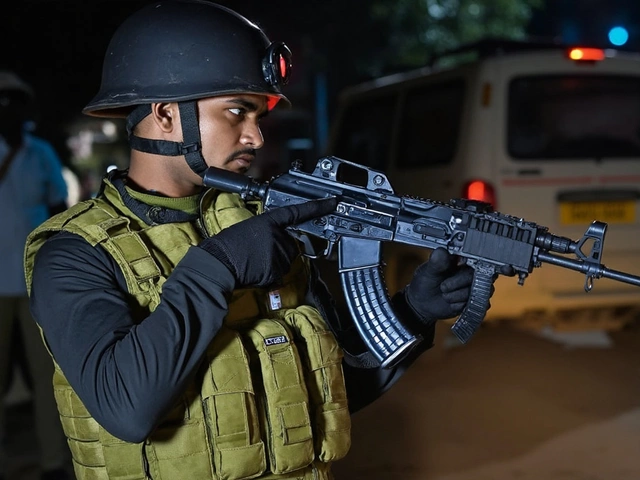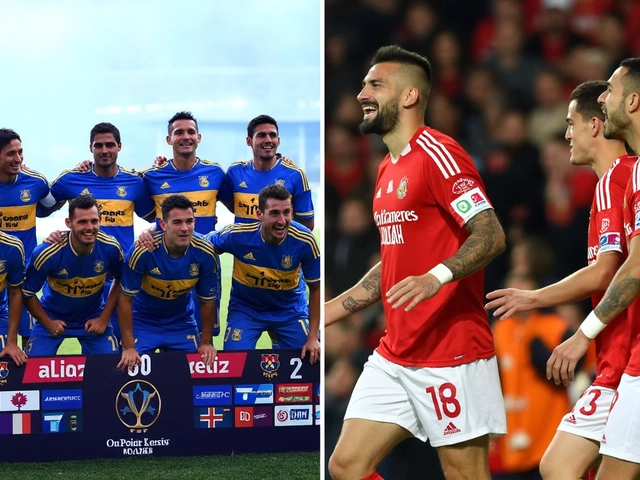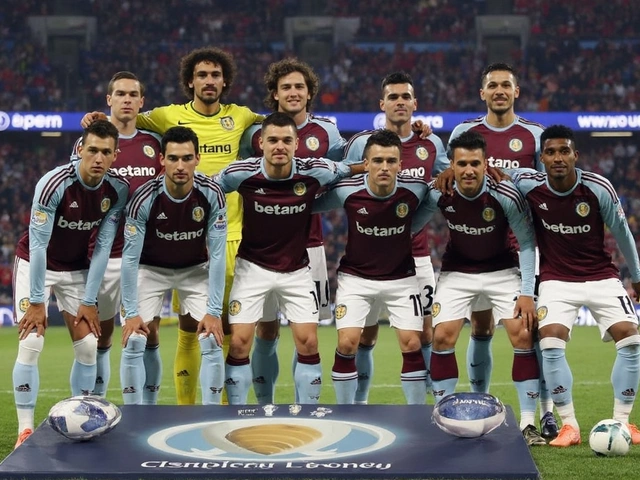Inter keep faith in Pavard as window twists late
He was supposed to be on the market; instead he was on the team sheet. Benjamin Pavard started for Inter Milan in their Serie A opener against Torino and watched his side run up a 5-0 win, a clear show of trust from Simone Inzaghi at the exact moment the defender’s name was circulating most loudly in the rumor mill.
Inter bought Pavard from Bayern Munich in the summer of 2023 for a fee just over €30 million, betting that a World Cup-winning right-sided defender would slot neatly into Inzaghi’s back three. That bet has paid off on the pitch. Off it, the club spent much of this window weighing up whether his profile and €5 million net salary made him a sellable asset as they trimmed costs. Sources in Italy put a soft price range between €15 million and €25 million, which drew calls from abroad.
Galatasaray were the most persistent. The Turkish champions, who expect to compete in Europe deep into the season, made a sustained push and sounded out figures around the player. Pavard, 29, listened but kept a clear filter: Champions League football and a stable sporting project. He showed no appetite for a Saudi Pro League switch and had little interest in mid-table proposals from England or Spain without Europe. Ligue 1 sides Lille and Marseille also explored the situation but could not match the mix of competition and guarantees he would accept.
As the clock ticked toward the final days, the tone in Milan shifted. According to Italian reports (SportMediaset via FCInterNews), Inter grew reluctant to sell once they mapped out the practical fallout. Plugging a Pavard-sized hole on the right of the back three at short notice is not simple. He covers the wide channel, steps into midfield to start attacks, and can slide to full-back in a pinch. Lose that, and you either overwork Matteo Darmian, drag a wing-back back a line, or throw a new signing straight into one of the system’s most demanding roles.
That rethink showed up on the first weekend: Pavard started, Inter rolled Torino, and the mood around the training ground felt more settled than it did a week ago. The club may still add a defender before the deadline—chief executive Beppe Marotta and his recruitment team remain active—but starting the Frenchman underlines where he stands today: important, trusted, and firmly in Inzaghi’s plans.
- 2023: Pavard joins Inter from Bayern for just over €30m on a deal to June 2028.
- Early summer 2025: Inter listen to offers to ease the wage bill; asking range discussed at €15m–€25m.
- Mid to late window: Galatasaray push hardest; the player keeps a Champions League-first filter.
- Final days: Inter cool on a sale after depth and timing analysis.
- Opening match: Pavard starts; Inter beat Torino 5–0.
Why Inter hesitated, and what it means for the squad and market
On spreadsheets, a sale can make sense. After one season, a €30m transfer amortized over a long contract lowers the book value; a fee in the €20m range plus salary savings can show tidy numbers. On the grass, the math is messier. Replacing a defender who understands Inzaghi’s automatisms is expensive in both cash and time. Inter won the title by trusting a small, experienced core. Breaking that chemistry in late August brings risk they do not need as the Champions League group stage looms.
Pavard’s value to this side is specific. On the right of the back three, he has to manage space behind the wing-back, win duels when play flips quickly, and open passing lanes into midfield when teams press high. His Bayern years sharpened his timing and distribution under pressure, and his France experience drilled him in big-game discipline. Inter have other defenders who can fill in—Darmian, for example—but each shift pulls a thread elsewhere in the lineup.
That is why the 5–0 against Torino mattered beyond the score. Inter were clean in their build-up, confident stepping into the half-spaces, and ruthless once they advanced. Pavard’s positioning and calm first pass helped them move out of tight areas before Torino could set traps. You could see Inzaghi’s preference: keep the structure, keep the habits, push the tweaks to the training ground rather than onto the market floor.
From the player’s side, the message is consistent. Pavard is not against moving during his prime, but he prefers the right move. Champions League football is a must. A stable role is a must. With a contract until 2028, he has leverage to be selective and patience to wait. France’s competitive calendar and the 2026 World Cup cycle make continuity attractive; switching systems late, only to play catch-up, would be a gamble.
So where does that leave the suitors? Galatasaray can credibly offer European nights and a leading role. The pitch is appealing, but Inter’s position softened only when they believed they could replace what they would lose. Unless a top-of-range bid lands with terms that help them recruit instantly, the path is narrow. For Lille or Marseille, the sporting draw is clear at home, but the Champions League hurdle and Inter’s late-window stance limit room to move.
The internal picture is just as important. Inter’s defensive spine runs through Alessandro Bastoni on the left, Stefan de Vrij or Francesco Acerbi in the middle when fit, and Pavard on the right. Darmian is the universal plug across the back and at wing-back. Every time one of those pillars moves, workload and roles ripple outward. Add in the reality of an Italian season—tight turnarounds, injuries, suspensions—and you understand why coaches fight to preserve their core until January at least.
There’s also the cost of finding the “right” replacement. A defender familiar with a back three, comfortable wide in the last line, and reliable in build-up is not cheap. Even if Inter lined up a target, persuading a selling club in the final days often means paying a premium or accepting a loan with awkward options. That is how you end up solving one gap by creating two more down the road.
Financially, Inter’s stance still has logic. If a bid lands in the upper part of their range and salary relief is meaningful, they will look. But the timing matters. A June sale gives you weeks to reshape; an August sale forces you into a sprint. The opener against Torino suggested they prefer the first path: survive the window intact, reassess later, and keep this title defense on rails.
What next? Three scenarios are plausible. One, Inter receive an offer too good to refuse, complete a fast replacement, and Pavard moves late—unlikely but not impossible. Two, Marotta adds a depth defender in the final hours, and the club shuts the door on exits until winter. Three, things stay as they are: Pavard starts most games, Darmian and others rotate, and Inter review the market in January when prices and options are saner.
For now, the signals point to continuity. Pavard’s start and clean sheet tell you how Inzaghi sees the hierarchy. The recruitment team will keep their phones on, because that is their job, but this looks like a squad that wants to carry its key pieces into autumn without drama. If a twist comes, it will need to clear a high bar: a Champions League project for the player, a strong fee for the club, and a replacement Inter trust on day one.
Until then, the simplest explanation tends to be the right one. Inter think Pavard helps them win now. The manager agrees. The player sees no reason to jump at the wrong move. And against Torino, that alignment put three points on the board and a noisy rumor on ice.
